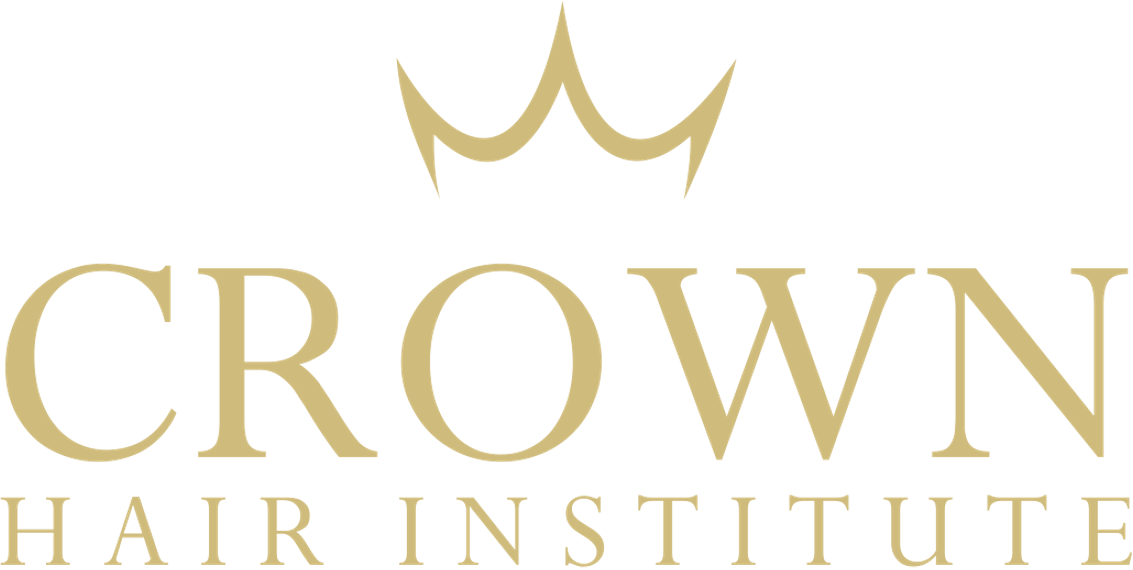Medications in Beverly Hills, CA
Medications
IN BEVERLY HILLS, CA
Every patient’s situation is unique. That is why at Crown, we take the time to review multiple different aspects of your medical history in order to come up with the most effective medication plan to target your hair loss. The medications that we prescribe are oral or topical and aim to prevent hair loss and stimulate healthy hair growth. They’re the perfect way to start your hair restoration journey and great to maintain throughout your surgical journey in order to achieve the best possible results.
"Father Time is undefeated, our goal is to slow him down a bit when it comes to hair loss.”
- Dr. Drummond
Finasteride (Propecia, Proscar)
Dihydrotestosterone (DHT) shrinks hair follicles and makes it difficult for healthy hair to survive. The drug finasteride inhibits the enzyme 5-alpha reductase in the hair follicle, which inhibits the production (DHT). Finasteride was first marketed under the brand name Proscar as a 5mg tablet to treat the prostate gland. In 1998, a lower dosage pill (1 mg) with the brand name Propecia entered the market as the first pill approved by the FDA for men's hair loss.
Finasteride works well in the treatment of hair loss by triggering hair regrowth for men and women. However, women should not take it if they are pregnant. In addition, women should not get pregnant while on the drug because of the risk of birth defects in a male infant.
Oral finasteride is a prescription medication for men who have male pattern hair loss, or androgenetic alopecia. Finasteride slows the rate of hair loss and stimulates new hair growth by inhibiting the body’s production of DHT (dihydrotestosterone) , a hormone that destroys hair follicles.
Minoxidil (rogaine)
Minoxidil was first used in tablet form as a medicine to treat high blood pressure. Patients being treated with minoxidil for blood pressure often reported excessive hair growth as a side effect of its use. Further research showed that applying a solution of minoxidil directly to the scalp could also stimulate hair growth.
Oral minoxidil taken in a tablet (either 2.5mg or 5 mg) once daily is much more effective than topical due to absorption. Available topically in generic versions and under the brand name Rogaine, minoxidil is more effective in women (compared to men) suffering from diffuse androgenetic alopecia . The FDA recommends that women use the 2% concentration of minoxidil, not 5%, as the higher dose has not been officially approved for use in women.
Topical minoxidil is a medication that can help stimulate hair growth. Hair growth occurs in various phases: anagen phase is the growth phase, catagen is a transition phase, and telogen is the resting phase. Minoxidil helps hair growth by stimulating the hair follicles to enter the anagen (growth) phase, and by prolonging the anagen phase. This medication can be applied as either a liquid or a foam. Many studies have shown that the foam tends to produce better results than the liquid.
This medication can help people with many different types of hair loss, including: male and female pattern hair loss, alopecia areata, and other causes of hair loss as well.
Antiandrogens
Antiandorgens are medications that inhibit androgens (sex hormones that damage or destroy hair follicles) and are commonly used in female pattern baldness (androgenetic alopecia). Antiandrogen medications are available by prescription only and include spironolactone and oral contraceptives, or birth control pills, that contain estrogen. Antiandrogens usually start to work after four months. Long-term treatment is sometimes necessary to prevent hair loss from recurring.
Corticosteroids
Some types of hair loss are caused by an autoimmune disease, where the body starts to attack the normal healthy hair follicles. Corticosteroid medications can be used to treat people with this type of hair loss, including alopecia areata, lichen planopilaris, and discoid lupus erythematosus. Steroids are immune system suppressors that can counteract the effects of an autoimmune disease, allowing hair to grow. Steroids are available as topical solutions or injections, and all require a prescription. At Crown, our hair restoration surgeons may first recommend a biopsy, or sampling of the skin in the scalp, to correctly diagnose the cause of your hair loss. Upon diagnosis, we can help determine which type of treatment is most appropriate based on your age and severity of symptoms
Antifungal Medications
If a fungal infection such as tinea capitis ( scalp ringworm) is identified as the cause of your hair loss, our physicians may prescribe an antifungal medication to be taken by mouth daily. Often, it takes one or two months before you can see results, and treatment usually lasts for several months in order to fully eliminate the fungus. If treatment begins soon after symptoms appear, most patients see excellent hair regrowth.’
Book a consultation with us today so we can help to formulate
the best possible plan to combat your hair loss.
